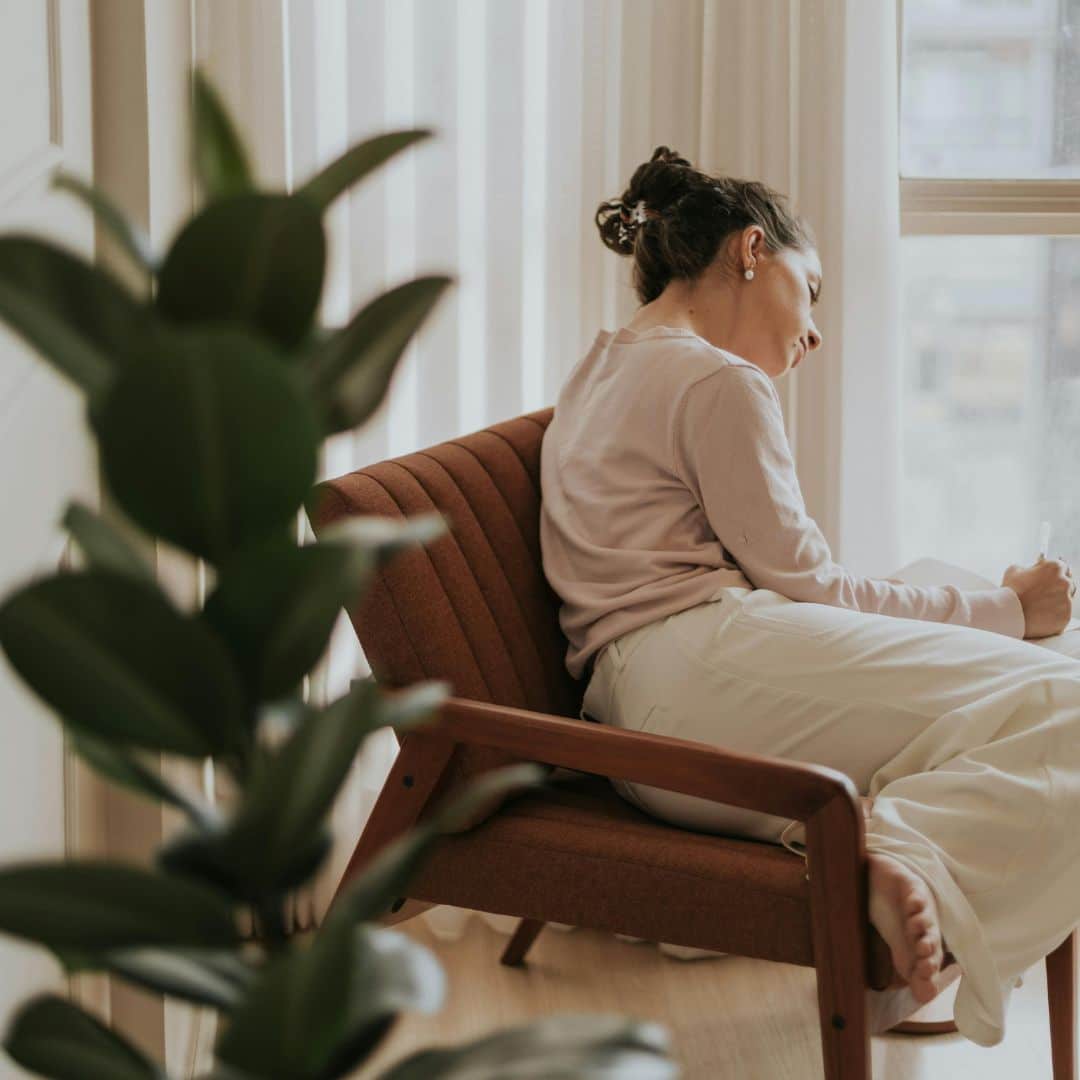Yes, tech can help lower stress with Parkinson’s.
There are tools you can use to save time, unwind, and stay connected to your favorite people.
It’s common for those with Parkinson’s disease to experience worsening symptoms during stressful times. The loss of a job, end of a relationship, and even hosting holiday houseguests are stressful events that can worsen symptoms.
Although the impact of psychological stress on PD is not completely understood, lab studies have suggested that stress damages dopamine cells (which are already compromised by the disease) resulting in more severe symptoms.
Managing stress with Parkinson’s is not easy, but can be done! With virtual wellness programs, meditation apps, smart devices, and opportunities to connect with the people you care about through social media, technology can be a valuable stress reduction tool.
Smart technology
In this day and age, “Siri” and “Alexa” have become household names. There is no shortage of things that we can do hands-free using smart technology. For people with Parkinson’s, anything that saves time, makes household chores easier, or puts our minds at ease while we’re away from home, are effective ways to reduce stress in our daily lives.
With the advent of smart technology, we can adjust the temperature and lighting in our homes through voice command. We can scour the internet for our favorite recipe while elbow-deep in cookie dough. We can install security cameras in our home and use an app to make sure the dog didn’t get into the cookie jar while we were out running errands.
Wearable tech
You may have heard of products like Apple Watch and Garmin trackers that monitor your physical fitness, but did you know there are wearable gadgets on the market to help us relax?
Many modern smartwatches and fitness trackers provide guided breathing exercises to help center yourself when its heart rate variability (HRV) sensor shows your heart rate and stress levels are on the rise. They often replicate a calming breathing rhythm with small vibrating buzzes and tell you how many counts to breathe in and out.
Meditation apps
Research studies conducted over the years have identified a clear link between mindful meditation practices and lower stress levels, reduced inflammation in the body, improved sleep at night, and sharper mental clarity during the day.
Headspace, one of the most popular meditation apps on the market, was launched by former Buddhist monk Andy Puddicombe, who was trained in meditation practices around the world. Puddicombe’s gentle British accent guides Headspace users through themed meditation sessions to accomplish a variety of tasks from controlling anger to conquering the fear of flying.
Products from companies like Muse offer meditation apps along with a wearable device that uses your brain activity to help identify distractions, train your body to relax, and show you how to apply simple stress reduction techniques to your everyday life.
Online fitness
Like we always say, exercise is the best medicine for Parkinson’s. Consistent, vigorous, physical activity can help reduce motor and non-motor symptoms of PD and slow down symptom progression. From Jane Fonda VHS tapes to the world’s first treadmill, people have been using tech for decades to enhance their fitness journeys.
The Brian Grant Foundation is all about using online tools to help make fitness fun for people with Parkinson’s. Work out with us in the comfort of your own home through our series of fitness videos that show you different exercises that can help fight symptoms of Parkinson’s. You can join us for aerobics, boxing, bootcamp, pilates, tai chi, yoga, and more!
Social media
Social media sites like Facebook, X, TikTok, and Instagram are a double-edged sword. One on hand, they can help us stay connected with friends and loved ones across the country, leading to better mental and emotional health.
On the other hand, social media can also be addictive and misleading. It’s a breeding ground for misinformation, bullying, peer pressure, feelings of insecurity, and unrealistic expectations. Funny how a technology that’s supposed to make you feel connected to others can also make you feel isolated, lonely, or depressed depending on your mood.
It’s important to be mindful about how often you use social media and why. If you find yourself feeling the negative effects, unplug for a bit and try one of the old-fashioned ways of connecting with others: make a phone call, mail a card, or better yet, say hello in person. Tech can do a lot of cool things, but it will never replace genuine human connection.



